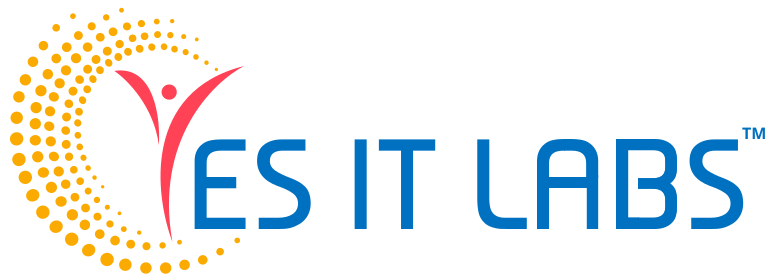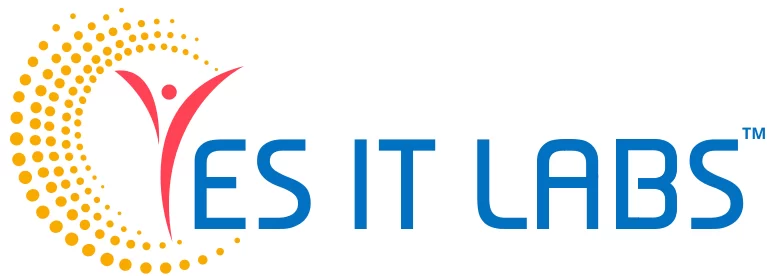Are you an Android app developer looking to up your game and streamline your development process? Look no further! In this blog, we’ll explore some handy tips and tricks to make your experience with Android Studio more efficient and enjoyable. Whether you’re a seasoned pro or just starting, these tips will help you save time and produce high-quality mobile apps.
1. Master Keyboard Shortcuts
One of the quickest ways to boost your productivity in Android Studio is by mastering keyboard shortcuts. Memorize common shortcuts for actions like copying, pasting, searching, and refactoring code. These shortcuts can save you countless clicks and mouse movements, helping you work faster and with fewer interruptions.
2. Use Live Templates
Live templates are a fantastic feature in Android Studio that allows you to create code snippets quickly. Whether it’s for creating getters and setters or generating commonly used code blocks, live templates are a lifesaver. Customize them to suit your coding style and accelerate your development process.
3. Utilize Code Inspections
Android Studio offers a powerful code inspection tool that helps you identify and fix issues in your code. It can catch everything from coding style violations to potential bugs. Regularly run code inspections to ensure your codebase is clean and maintainable.
4. Learn Gradle Optimization
Understanding how Gradle works is crucial for efficient Android app development. Optimize your Gradle build files to speed up the build process. Techniques like using caching, enabling parallel builds, and using a distribution cache can significantly reduce build times.
5. Enable Instant Run
Instant Run is a feature that allows you to see changes in your app immediately without going through the full build and deployment process. It can save you a lot of time during the development and debugging phases.
6. Android Emulator Snapshots
Emulator startup times can be frustratingly slow. Use Android emulator snapshots to save and load emulator states quickly. This can be a game-changer when you’re testing your app on different device configurations.
7. Version Control Integration
Integrate Android Studio with your version control system (e.g., Git) to manage your codebase effectively. It simplifies tasks like committing changes, resolving conflicts, and reviewing code with team members.
8. Use the Android Profiler
The Android Profiler is a powerful tool for optimizing your app’s performance. It provides insights into CPU, memory, and network usage, helping you identify and fix performance bottlenecks.
9. Customize Your IDE
Android Studio allows you to customize its appearance and behavior to suit your preferences. Whether it’s changing the theme, rearranging panels, or configuring code style, tailoring your IDE can make your development environment more comfortable and efficient.
10. Keep Learning and Stay Updated
The world of mobile app development is constantly evolving. Stay up-to-date with the latest Android updates, libraries, and best practices. Consider hiring an Android app developer or collaborating with experts to ensure your app is on the cutting edge of mobile app development.
Conclusion
Android Studio is a powerful tool for mobile app development, and mastering its features can greatly enhance your productivity. By incorporating these tips and tricks into your workflow, you’ll be well on your way to creating efficient and high-quality Android apps. Remember, mobile app development is a dynamic field, so keep learning, stay curious, and explore new techniques to refine your skills. Happy coding!
If you’re looking for assistance with your mobile app development, don’t hesitate to hire Android app developer. Their expertise can help you bring your app ideas to life and ensure a smooth development process.
Now, go ahead and put these Android Studio tips into action, and watch your app development process become more efficient and enjoyable!







